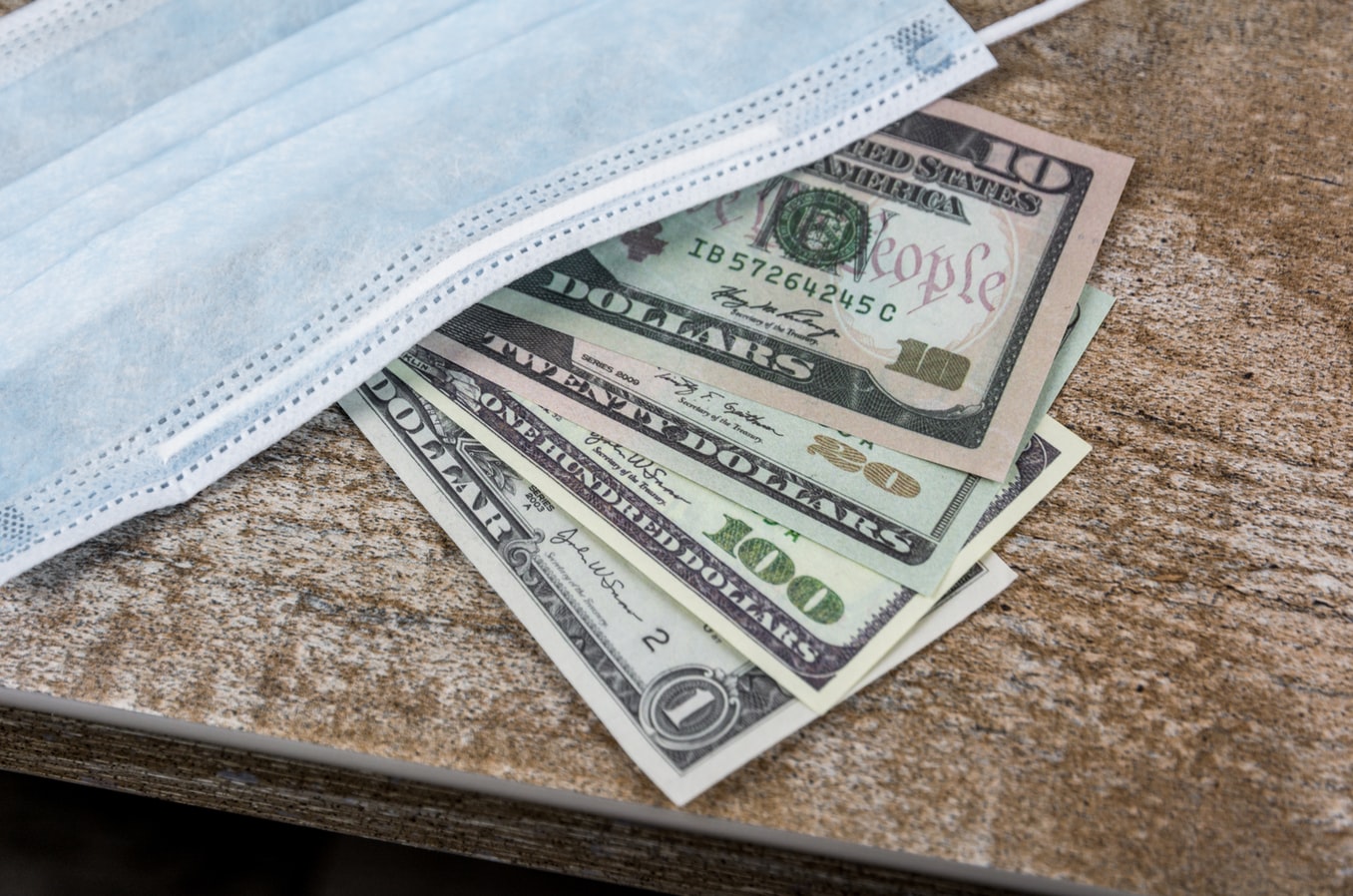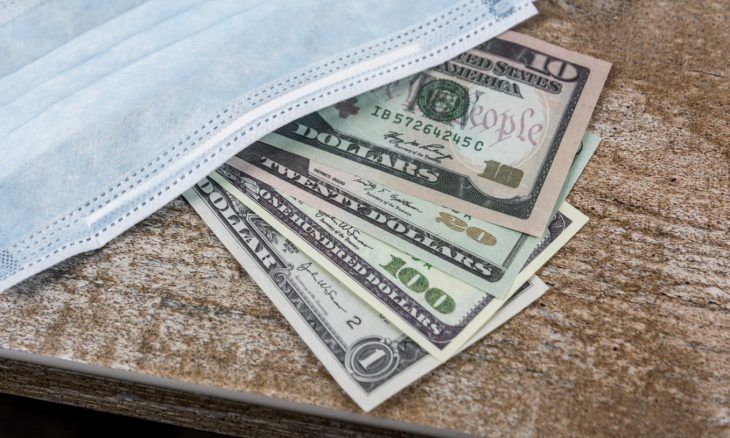Government Programs for the Poor

The basic needs of many American citizens can be met through federal and state social programs that include cash assistance, health insurance, food assistance, housing subsidies, energy and utility subsidies, and education and childcare assistance.
Such programs were largely unknown until the beginning of the Great Depression, and about 18 million elderly, disabled, and single mothers with children already lived at a bare subsistence level. There had been some help from state and local governments along with private charities. By 1933, another 13 million Americans had lost their jobs and were unable to find employment. Suddenly, providing minimum assistance for those in need was out of the reach of local governments and charities. Food riots broke out. Husbands and fathers increasingly deserted their families. Homeless families began to live in public parks. Shanty towns sprang up.
Americans had always prided themselves on their individualism and self-reliance. But the opportunities just were not there.
Early on, the New Deal of President Franklin D. Roosevelt was about works programs in order to provide relief for millions of the unemployed. Federal public works projects employed many. However, this was not enough. In addition, tax revenues had dropped and the government coffers were low. In his State of the Union Address before Congress on January 4, 1935, President Roosevelt said the time had come for action by the national government to provide “security against the major hazards and vicissitudes of life.” He proposed a number of federal programs, which Congress codified.
Since then, the national welfare system has expanded both in coverage and in regulations. As the programs grew so did their opposition until, in 1992, candidate Bill Clinton promised that, as president, he would “end welfare as we know it.” Many federal programs were rolled back, returning responsibility and costs to the states.
Today, there are seven major federal welfare programs: Medicaid, Supplemental Security Income, Supplemental Nutrition Assistance Program (SNAP, food stamps), Child’s Health Insurance Program (CHIP), Temporary Assistance to Needy Families (TNIF), housing assistance, and earned income tax credit (EITC).
The Center for American Program and GBAO Strategies collaborated to survey 2,000 registered voters in February 2021 on the importance of the social safety net and other economic policies offered to Americans. The survey was done in the middle of the COVID-19 pandemic. They determined that a strong majority of Americans want the federal government to help people in need. For example, 76 percent supported food assistance through the SNAP program, and 69 percent supported housing assistance. There was little disparity between political parties.
A study by the Harvard Kennedy School countered the concept that welfare recipients are lazy. From their research, they concluded, “We find no observable aspects of the [welfare] programs on either the propensity to work or the overall number of hours worked, for either men or women. … We find no observable impacts on either work or outcome.” They stated, “In short, despite much of the rhetoric that [welfare] programs lead to a massive exodus from the labor market, we do not find overwhelming evidence to support these claims.” They found that people on welfare want to work and would prefer to be self-sustaining.
A Gallup survey conducted in early September found that a majority of Americans said that price increases were causing financial hardship for their households. With nine months of inflationary pressures, many assert that the nation is either in, or close to, a recession.
Social welfare programs are important. God said the responsibility for the poor and needy is with His people (Deuteronomy 15:7-11). “Let each of you look not only to his own interests, but also to the interests of others” (Philippians 2:4).
How then should we pray?
- For Deputy Under Secretary Stacy Dean as she oversees the Food, Nutrition, and Consumer Services within the Department of Agriculture.
- For Administrator Cindy Long as she heads the Food and Nutrition Service.
- That Secretary Tom Vilsack would seek the Lord’s guidance as he leads the USDA.
- For Acting Commissioner Kilolo Kijakazi to be led by God as she sees to the Social Security Administration’s operations.
- For wisdom for U.S. officials as they evaluate the needs of Americans for basic assistance.
- That administrators of U.S. government welfare programs would be wise in the distribution of funds or assistance.
- For believers in Jesus to have a compassionate heart toward those who are in need of assistance, whether it be from federal, state, local, or charitable entities.
- That God would give you wisdom and direction in the way He would have you contribute to the less fortunate.
- For American families and individuals who are struggling under current inflationary pressures.





